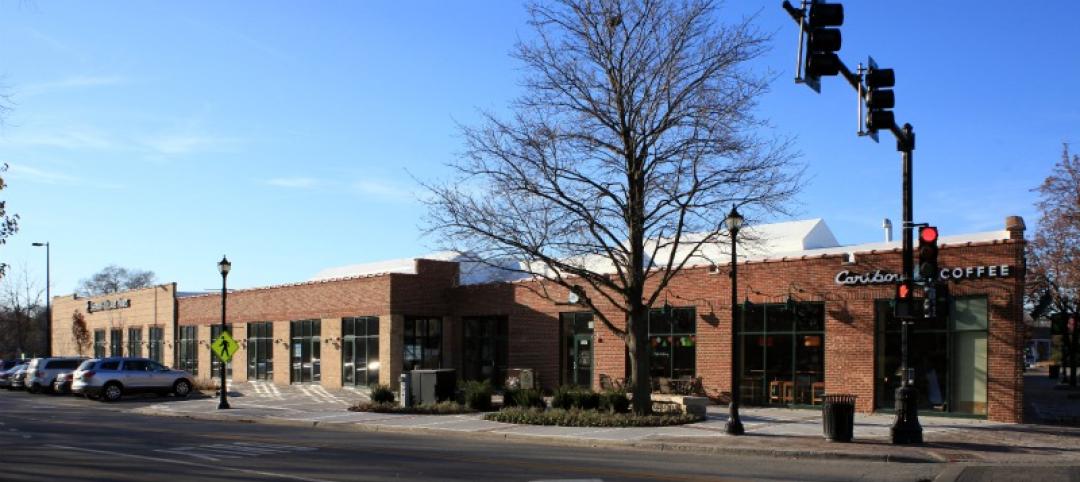In June, the U.S. Justice Department made headlines when it became the first federal agency to mandate implicit bias training for its employees. In the coming months, more than 23,000 agents from the ATF, DEA, FBI, and U.S. Marshals Service, and some 5,800 prosecutors, will receive the science-based coaching.
The goal is to better understand the “hidden,” or unconscious, characterizations and stereotypes—particularly pertaining to gender, nationality, social class, and race—that unknowingly affect agents’ decisions and actions in law enforcement situations. The Justice Dept. wants its employees to become more aware of their subconscious prejudices and learn how to shun them altogether.
Skeptics view the move as a knee-jerk reaction to the headline-grabbing, riot-sparking police shootings in Baton Rouge, La., Chicago, Cleveland, Ferguson, Mo., and North Charleston, S.C. But Justice Dept. officials cite successful implicit bias training programs at the local law enforcement level—in Baltimore, Los Angeles, New Orleans, New York City, and Seattle, to name a few—as the impetus for the directive.
“This program has been so well-received by our state and local counterparts, we thought it was something we should be offering to our federal agents, frankly, to get our own house in order,” Deputy Attorney General Sally Yates told Reuters.
Before writing off implicit bias education as the 21st century’s version of sensitivity training, consider this: Some of the world’s largest and most progressive companies—including Coca-Cola, Facebook, and Google—have implemented formal unconscious bias training programs. And other corporate and tech giants—Apple and Intel included—have invested heavily in diversity and inclusion initiatives.
These companies are tapping into the latest research in psychology and sociology not only to advance their diversity and inclusion efforts when it comes to hiring, promoting, compensation, and high-performance teaming, but also to gain a better understanding of the tendencies of their employees, colleagues, and customers. In short, they believe diversity and inclusion make good business sense, when done right.
“It’s not enough just to throw people together,” says diversity consultant and author Howard Ross. “People need to learn how to interact with each other appropriately. They need to learn that the more diversity we have, the more work we have to do.”
Ross says implicit bias impacts almost all facets of business: hiring, recruitment, mentoring, performance reviews, supervisory decisions, client service, marketing. It affects how business professionals view their market: what they see and hear, what they don’t see and hear, how they solve problems, how they interpret situations, how they set norms and expectations.
In November, at BD+C’s first annual Women in Design+Construction Conference in Dana Point, Calif., implicit bias expert Sally Jue, of consulting firm Cook Ross, will explore ways that unconscious bias affects the AEC industry, particularly women in the profession. Jue will lead a talk and workshop in which participants will examine their own background and identities so that they can interact more authentically with their employees, colleagues, clients, family, and friends.
For more on the WiD+C Conference, visit: www.BDCnetwork.com/WIDC.
David Barista, Editorial Director
dbarista@sgcmail.com
Related Stories
| Jan 6, 2012
Summit Design+Build completes Park Place in Illinois
Summit was responsible for the complete gut and renovation of the former auto repair shop which required the partial demolition of the existing building, while maintaining the integrity of the original 100 year-old structure, and significant re-grading and landscaping of the site.
| Jan 4, 2012
Siemens acquires Pace Global Energy Services
Acquisition will enhance portfolio with new energy consulting and management services.
| Jan 4, 2012
Shawmut Design & Construction awarded dorm renovations at Brown University
Construction is scheduled to begin in June 2012, and will be completed by December 2012.
| Jan 4, 2012
Skanska acquires Industrial Contractors
Industrial Contractors Inc. is a contractor in the commercial, industrial and power markets of the Midwest. The company employs 2,400 people and in 2011 the revenues are estimated to be approximately $500 million.
| Jan 4, 2012
HDR to design North America’s first fully digital hospital
Humber River is the first hospital in North America to fully integrate and automate all of its processes; everything is done digitally.
| Jan 4, 2012
New LEED Silver complex provides space for education and research
The academic-style facility supports education/training and research functions, and contains classrooms, auditoriums, laboratories, administrative offices and library facilities, as well as spaces for operating highly sophisticated training equipment.
| Jan 3, 2012
Gilbane awarded $88M Contract for Ohio elementary school construction
The new award, which comprises the construction of five new elementary schools and demolition of 11 older facilities, is the latest K-12 building program managed by Gilbane for the Ohio School Facilities Commission since 1998.
| Jan 3, 2012
AIA's ABI November Index reaches 52.0
The Architecture Billings Index (ABI) reached its first positive mark since August.
| Jan 3, 2012
Callison acquires Barteluce Architects & Associates
This acquisition will grow Callison’s New York team to over 75 architects.
| Jan 3, 2012
VDK Architects merges with Harley Ellis Devereaux
Harley Ellis Devereaux will relocate the employees in its current Berkeley, Calif., office to the new Oakland office location effective January 3, 2012.

















